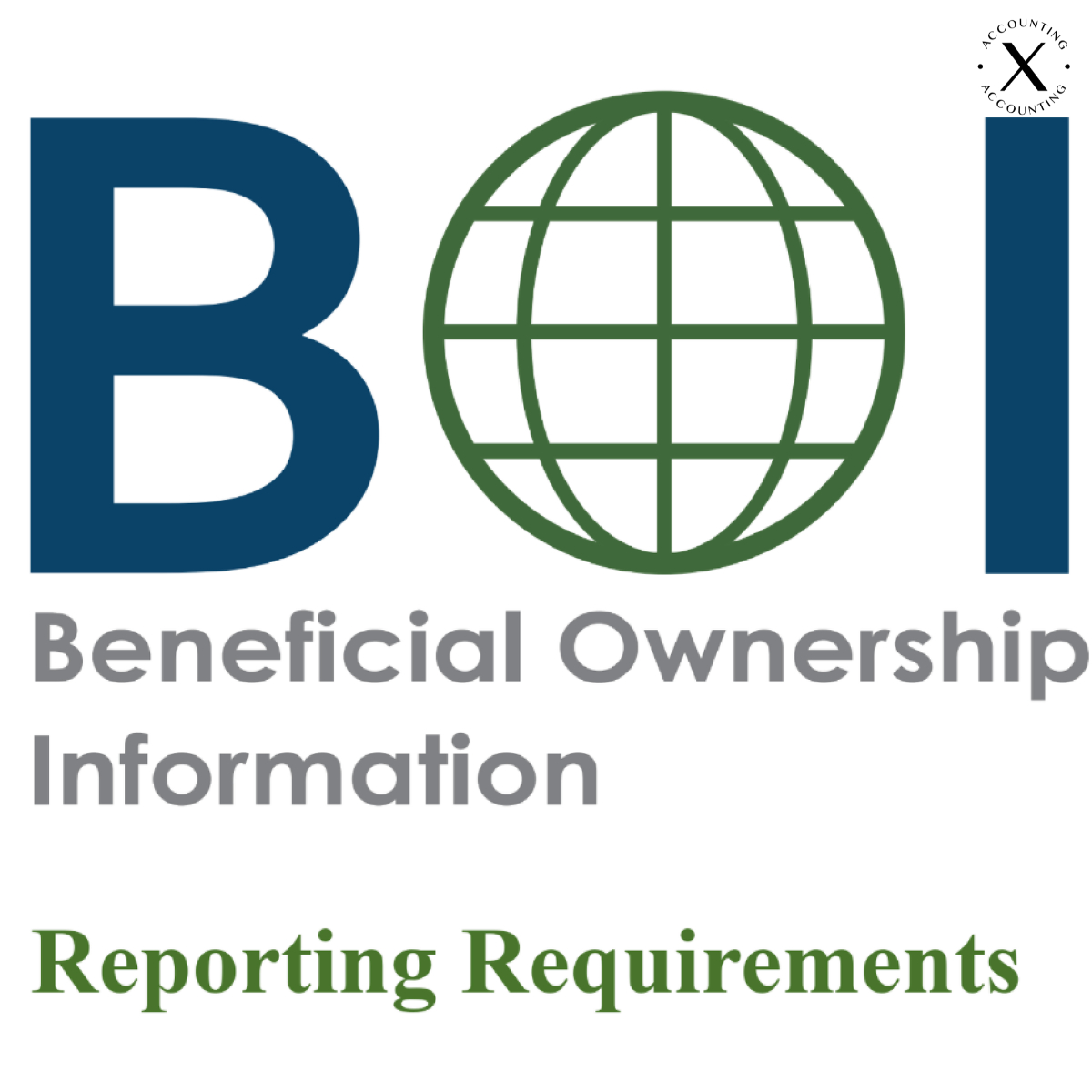Beneficial Ownership Information Reporting
Starting Jan. 1, 2024, most companies created in or registered to do business in the U.S. will need to report information on their beneficial owners to the Financial Crimes Enforcement Network (FinCEN) under the Corporate Transparency Act (CTA).
What is the purpose of the Corporate Transparency Act?
The CTA is mainly an anti-money laundering law. In it, Congress states that bad actors seek to conceal their ownership of corporations, LLCs, or similar entities in the United States to facilitate money laundering, financing of terrorism, tax fraud, and other illegal acts. And according to Congress, federal legislation providing for the collection of beneficial ownership information is needed to protect national interests and better enable efforts to counter those illegal acts.
Who has to file a BOI report?
Every corporation, LLC, or other entity created by the filing of a document with a Secretary of State or similar office under the law of a state or Indian tribe is required to file a BOI report unless it qualifies for an exemption. Those entities created in the United States and not exempt, and therefore required to file a BOI report, are called “domestic reporting companies”. (Certain entities created in foreign countries and registered to do business in the United States are also required to file a BOI report and are called “foreign reporting companies.”)
Who is exempt from filing a BOI report?
There are 23 categories of entities that are exempt. Most exemptions are for entities that are already subject to substantial federal or state regulation. Exempt entities include, for example, publicly traded companies and other entities that file reports with the SEC, banks, credit unions, money services businesses, securities brokers and dealers, tax-exempt entities, insurance companies, state-licensed insurance producers, pooled investment vehicles, public utilities, and accounting firms.
There is also an exemption for what’s called a “large operating company”. A “large operating company” is an entity that (1) employs more than 20 full-time employees in the United States, (2) has an operating presence at a physical office within the United States, and (3) has filed a federal income tax or information return in the United States for the previous year demonstrating more than $5 million in gross receipts or sales.
Who is a “beneficial owner”?
A beneficial owner is an individual who, directly or indirectly, either exercises substantial control over the reporting company or owns or controls at least 25 percent of its ownership interests.
Who is a “company applicant”?
A company applicant is the individual who directly files the document that creates the domestic reporting company and the individual who is primarily responsible for directing or controlling the filing if more than one individual is involved in the filing of the document.
When must companies file?
- New entities (created/registered in 2024) — must file within 90 days
- New entities (created/registered after Dec. 31, 2024) — must file within 30 days
- Existing entities (created/registered before Jan. 1, 2024) — must file by Jan. 1, 2025
- Reporting companies that have changes to previously reported information or discover inaccuracies in previously filed reports —must file within 30 days.
What are the penalties for non-compliance?
- Civil penalties up to $500 per day that violation continues
- Criminal penalties include $10,000 fine and/or up to two years of imprisonment.
